China and Russia reaffirmed strong support for each other's core interest, state sovereignty and territorial integrity, and voiced opposition to external interference in their domestic affairs, according to a joint statement issued Friday after a meeting between the two countries' presidents.
At the invitation of Chinese President Xi Jinping, Russian President Vladimir Putin is paying a visit to China. The two heads of state held talks in Beijing, and attended the opening ceremony of the 24th Olympic Winter Games.
The two countries oppose further enlargement of the North Atlantic Treaty Organization (NATO), and urged NATO to abandon its Cold-War mentality, respect the sovereignty, security and interests of other countries, and hold a fair and objective attitude towards the peaceful development of other countries.
China and Russia stand against any attempts to forge exclusive blocs and to stoke confrontation between blocs in the Asia-Pacific region, and they are highly vigilant about the negative impact of the U.S. Indo-Pacific strategy on peace and stability in the region, said the statement.
The two sides are committed to building an equitable, open and inclusive security system in the Asia-Pacific region that is not directed against any third country, and have made consistent efforts in promoting peace, stability and prosperity, it added.
According to the statement, the two countries are seriously concerned about AUKUS, the trilateral security partnership between the United States, Britain, and Australia, in particular their cooperation in the field of nuclear-powered submarines that involves strategic stability.
The deal runs contrary to the security and sustainable development objectives of the Asia-Pacific region, increase the risk of an arms race in the region, and pose serious risks of nuclear proliferation.
China and Russia strongly condemn such moves and call on AUKUS participants to strictly fulfil their nuclear and missile non-proliferation commitments and to safeguard regional peace, stability and development.
The two sides reaffirmed that the Treaty on the Non-Proliferation of Nuclear Weapons is the cornerstone of the international disarmament and nuclear non-proliferation system, and also an important part of the post-war international security system, which plays an indispensable role in global peace and development.
The international community should promote the the treaty's three pillars in a balanced way, and work together to protect the credibility, effectiveness and the universal nature of the treaty, the statement added.










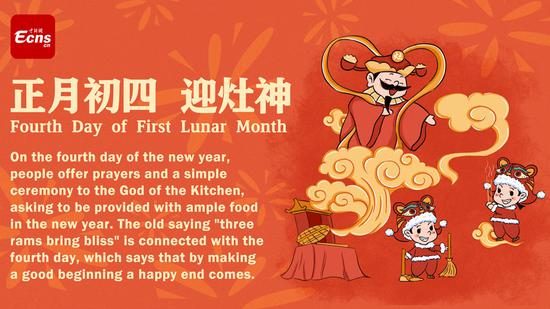
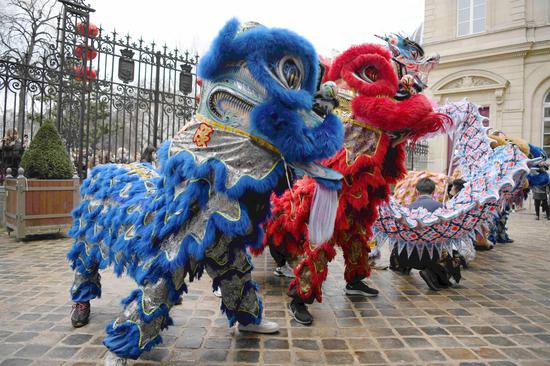
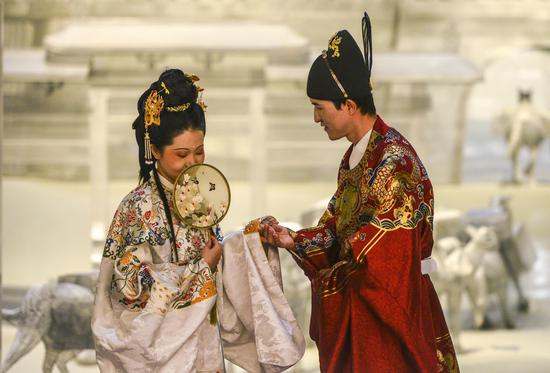

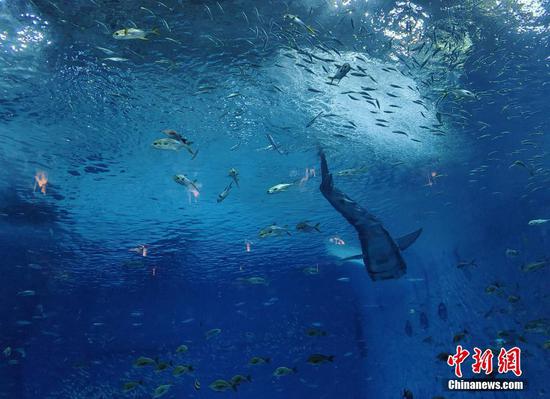
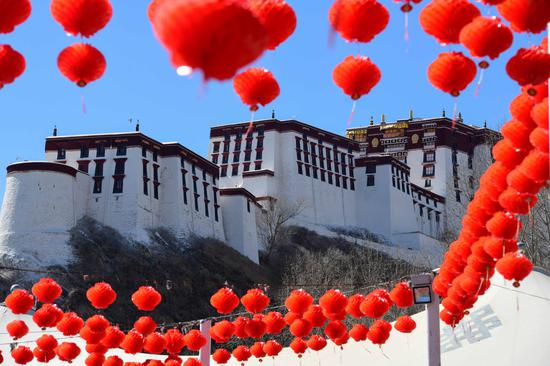
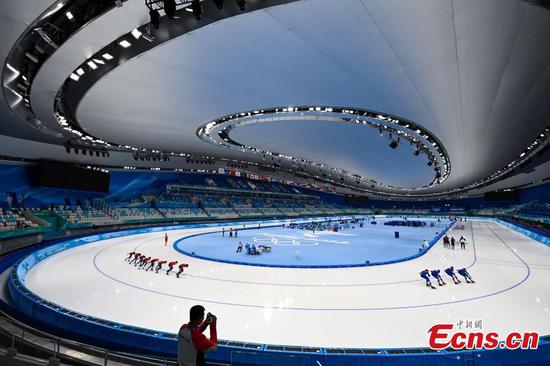

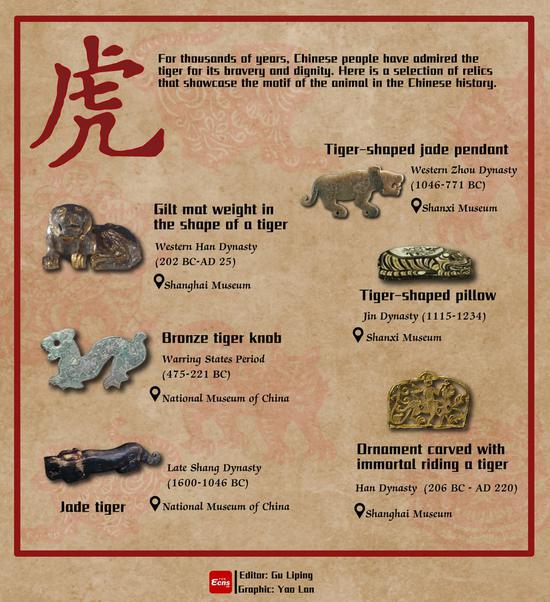


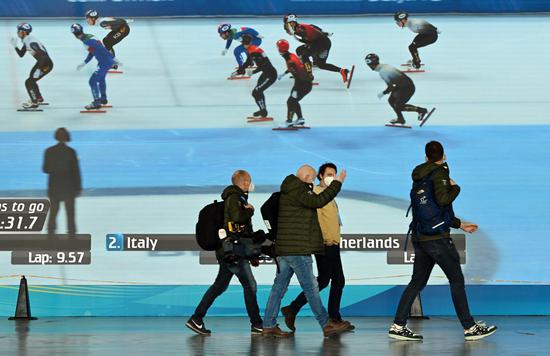

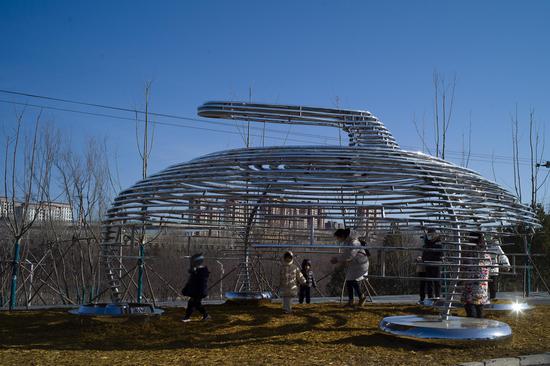

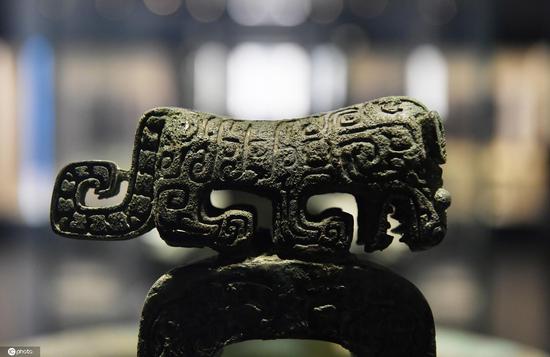




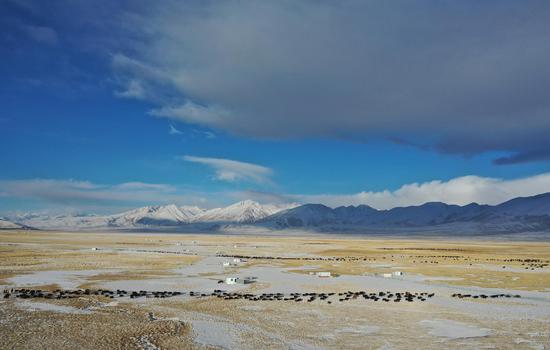
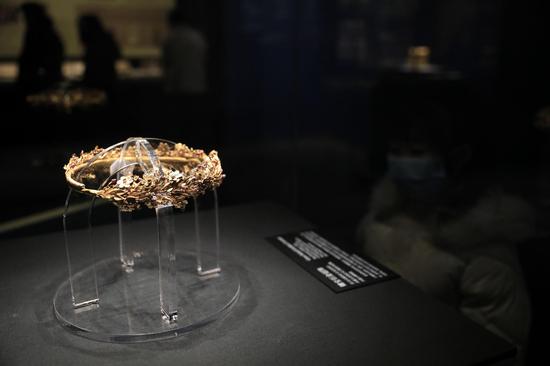
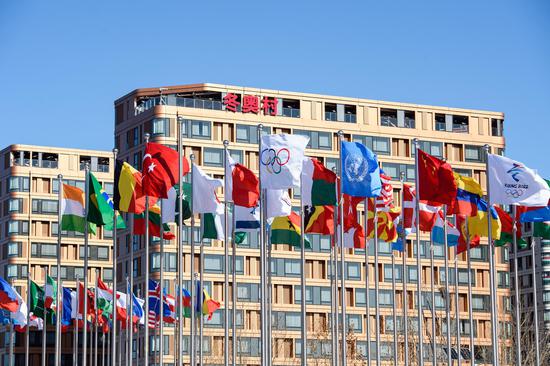
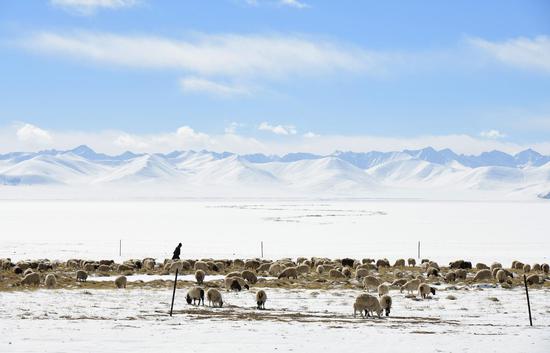




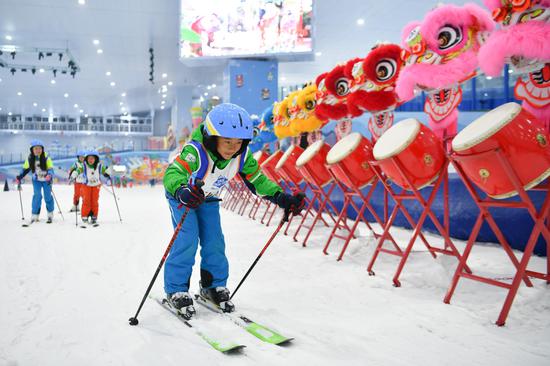
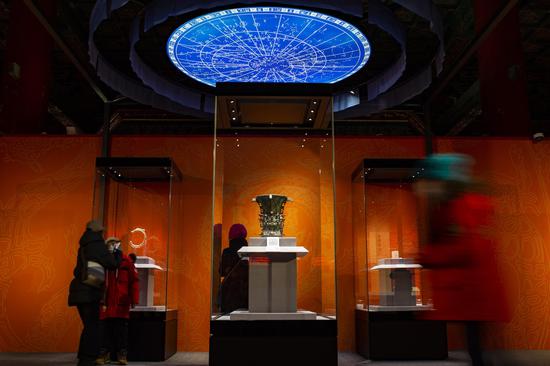

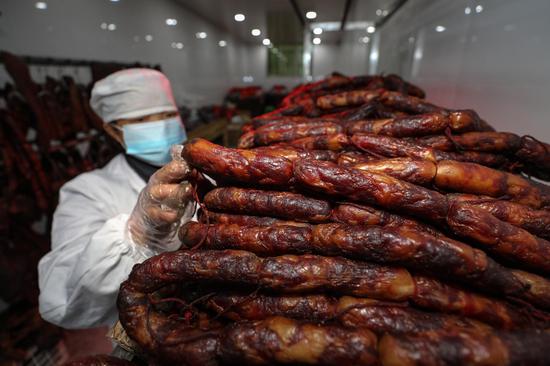
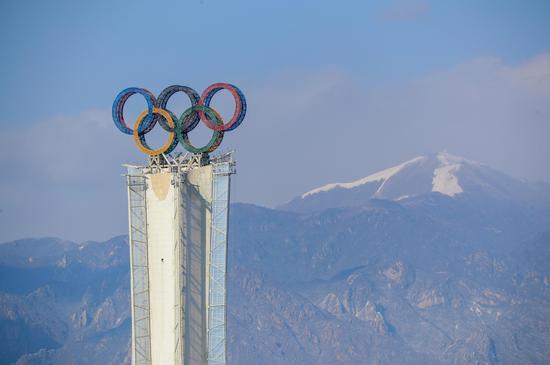
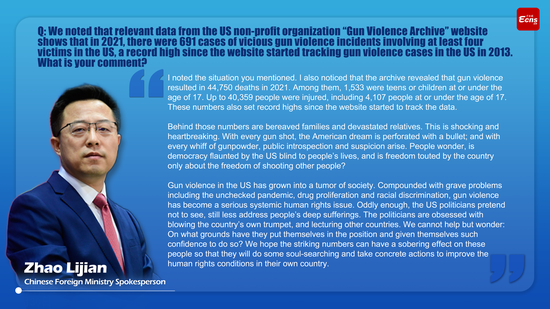
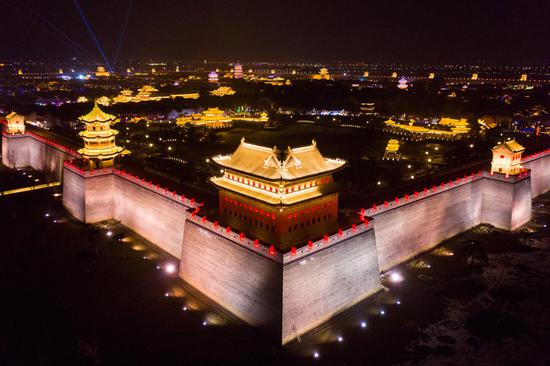





 京公网安备 11010202009201号
京公网安备 11010202009201号